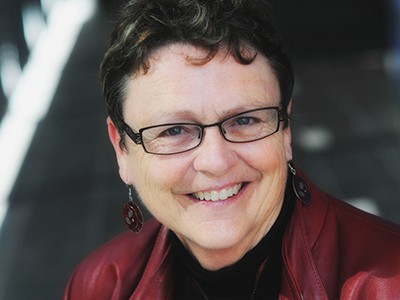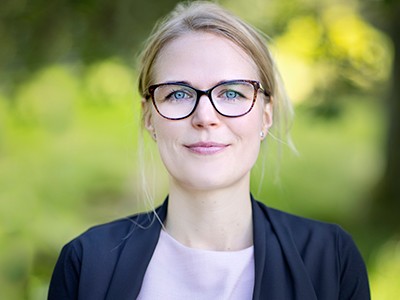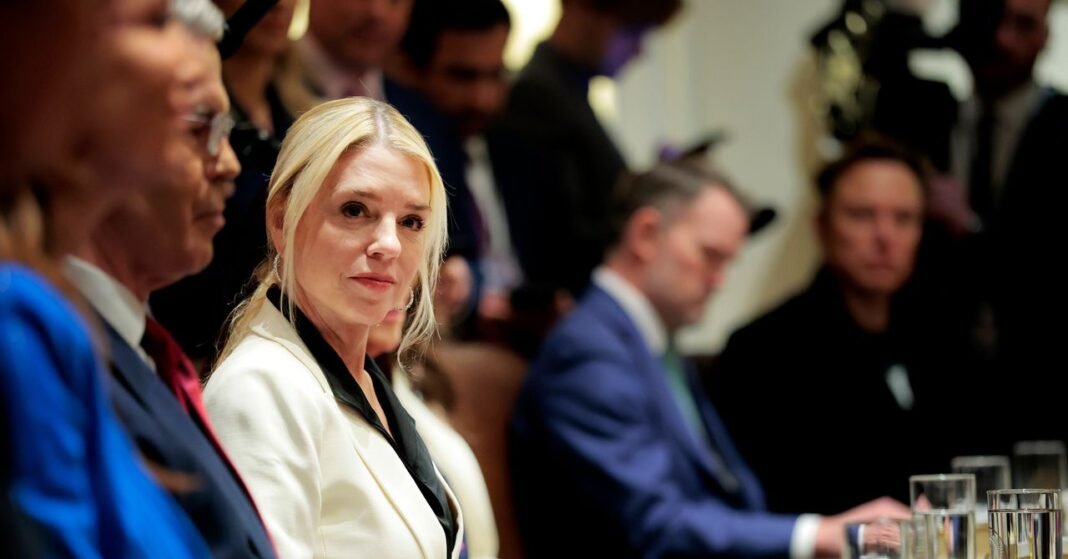At a policy panel in London in January, I had an uncomfortable realization: I was quite possibly the most disliked person in the room.
I’d been invited to the event to spell out the scientific evidence for the impact of social media and smartphones on the mental health of young people. I was on stage with a Member of Parliament who wanted stronger regulations, facing an audience of deeply concerned parents. I care profoundly about children and societal health. But I had to stand up and say that, although we can pinpoint some of the harms caused by social media, we do not have the evidence to say — for example — that these platforms are the main driver of increases in poor mental health among children across our population.

Social-media bans won’t work — there are better ways to keep kids safe
I hope that one day there will be a strong enough research base for us to fully understand the complicated impacts of the digital world on young people’s mental health. But at present, my research team and I, and others like us, are in a struggle of David-and-Goliath proportions. We’re trying to provide oversight of technology giants worth billions of dollars, supported only by meagre and piecemeal short-term project grants. An honest conversation about these limitations is needed, if we are ever to redress the balance.
Over the past 20 years, the rise of social media has led to growing public distrust of digital technologies, with concerns about their safety and whether they are built for the good of society. Technology companies are incentivized to develop new products at speed. Questions about whether those products are harming people or society are often left for independent university or public-sector research teams to grapple with.
My team and I — and others researching mental health, political polarization and education — are under intense pressure to pinpoint any harms caused by smartphones and apps. Good evidence is seen as crucial for effective policy-making and regulation. And a lack of evidence gives companies carte blanche to keep developing products that change the world in ways that many find concerning.

‘Educational’ apps are worth billions. We need to make sure they work
But it’s difficult to pinpoint how individual changes — such as the launch of a new social-media app or the removal of a website’s fact-checkers — affect a population’s mental health. The predictors of mental health are multifaceted, and online worlds are hugely complex systems.
What’s more, the effects of phones are diverse. Whether a person’s mental health is harmed by phones might depend not just on the amount of time spent using devices, but also on what activities the devices are used for, what content is consumed and when. Content that is harmful to one person might not be harmful to another, or even to the same person a week later.
And the speed with which technologies and apps are being developed and taken up by the public means that research will be outdated from the moment it is completed. After TikTok’s UK launch in 2018, it took only 2 years for the platform to gain 17.7 million monthly active users in the country — 26% of the population.
To make matters worse, the resources required to do this work effectively are often unavailable. Digital companies frequently restrict access to their data and algorithms, which would yield valuable information about what people do and see online. My team is often forced to resort instead to self-reported measures of time spent online, which cannot help us to investigate the underlying ‘active ingredients’, such as people’s exposure to harmful content or interactions, or ‘addictive’ designs, that we think drive the impact of such platforms on mental health.




